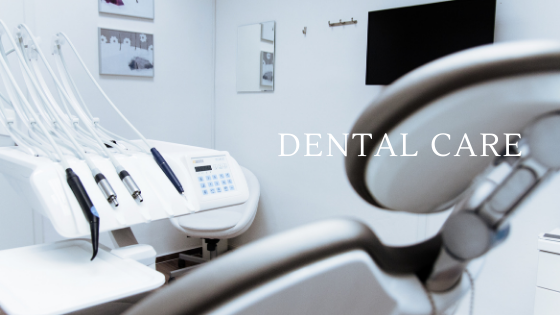
There’s nothing quite like the feeling of dread you get when you feel a “zinger” in your mouth while eating. You know you will need to have it checked out by a dentist or face even more pain in the future. However, pain can be an indication of different things.
Decay
The most obvious and common problem that is associated with pain in your mouth is decay. This could be anything from a minor cavity to a deep root canal. This is why you should never try to ignore pain that is going on in you mouth, though it may be increasingly difficult to ignore it anyway. Decay does not go away on it’s own, and it doesn’t get better from brushing and flossing. You can only stop more damage from being done; you cannot fix the damage without going to the dentist and getting it filled. Maybe you need a sealant. You can learn what is fissure sealant online. So don’t ignore your symptoms and go see your dentist.

Filling Pain
Sometimes your teeth can hurt after a filling has been done. Here are some possible reasons why:
Clinching pain: If you have just had a filling done and your teeth hurt when you clinch afterward, your bite may be off and you should go back to the dentist to have it shaped better.
Hot or Cold: It is common to have some sensitivity to hot or cold after a filling is done, but if it doesn’t go away in a few weeks, then you may have some nerve damage and should contact your dentist.
Referent Pain: In rare cases, your teeth that were not filled may have some pain after a filling has been done. This is only your teeth transferring the pain to other teeth in the mouth and it will go away in a couple of weeks.
Receding Gums
Another cause for pain in your mouth and jaw could be from receding gums. When your roots are exposed, they are extra sensitive. You should be aware that you should be careful around these teeth with extreme temperatures. Salty food can also make your teeth sensitive, since the food will draw the water out of the root and cause the nerve to fire.


